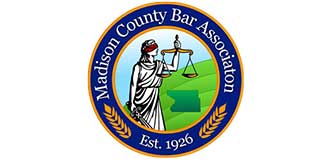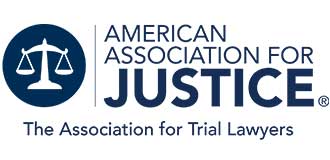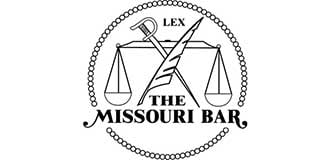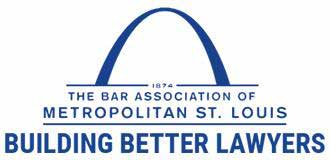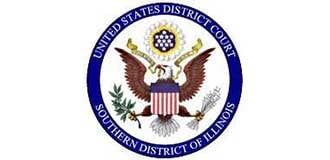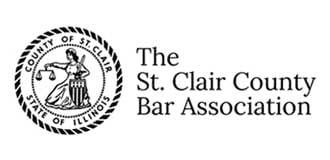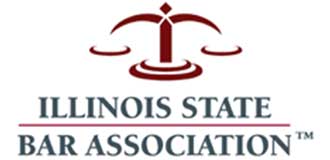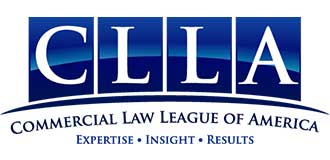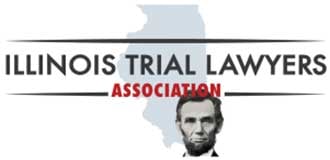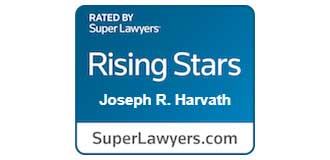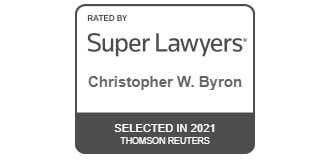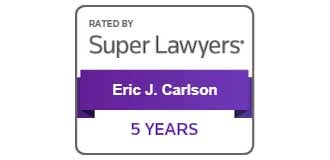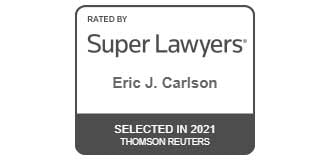Mesothelioma & Asbestos Exposure
Asbestos-related claims have been litigated for well over thirty years. Plaintiffs are primarily workers in refineries, power plants, factories, and industrial sites where asbestos-containing products were produced, installed, or removed, and at construction sites where fireproofing sprays, drywall products, and other asbestos-containing products existed or presently exist. Exposure to airborne asbestos is known to cause diseases of the respiratory system including pleural plaques, pleural calcification, asbestosis, restrictive lung disease, lung cancer, gastrointestinal cancers, and the signal tumor, mesothelioma.
If you or a loved one have been impacted by mesothelioma and/or asbestos exposure, call one of our attorneys at 618-307-4054 or 877-808-7742 today. A mesothelioma and asbestos exposure lawyer will schedule a consultation at our Edwardsville or St. Louis offices.
As many as 21 million workers have been exposed to asbestos in their work places over the past half-century. There are currently thousands of new cases of asbestos-related disease diagnosed every year. By 2020, the Center for Disease Control (CDC) estimates that there will be hundreds of thousands of more cases diagnosed. Asbestos diseases have a latency period of 15 to 50 years from the first exposure to asbestos. Unfortunately, that means that if you worked around asbestos 30 or 40 years ago, you could be developing asbestosis, lung cancer, or mesothelioma now.
Knowing The Dangers
According to internal documents dating back decades, the manufacturers and distributors of asbestos-containing products have known about the dangers of the products they sold, installed, and removed from various work sites throughout the country. Hundreds of thousands of lawsuits have been filed against those companies responsible for making, selling, and installing products containing asbestos. The theories of liability in asbestos cases include negligence, strict liability, design defect, failure to warn, and breach of warranty.
In 1973, a U.S. Court of Appeals decision in Borel v. Fibreboard Corporation set the stage for successful asbestos litigation, holding asbestos product manufacturers strictly liable for asbestos-related diseases. This gave rise to a wave of litigation allowing those harmed by exposure to asbestos to recover damages from asbestos manufacturers who failed to give adequate warnings about the dangers of using their products.
The next major case in asbestos litigation was W.R. Grace & Co. v. Waters, which upheld a punitive damages award against a manufacturer of asbestos products that had already been assessed numerous punitive damage decisions related to asbestos litigation. By doing so, the court refused to shield asbestos products manufacturers liable for asbestos-related diseases from paying multiple punitive damages awards.
Finally, in a landmark case, Bell v. Dresser Industries, Inc., five employees of an asbestos products manufacturer sued their employer and its asbestos supplier for damages. Two of the plaintiffs died of asbestos-related causes prior to the jury verdict, which awarded the plaintiffs $130 million in total damages.
How To Get The Damages You Deserve
Due to the large volume of claims, many asbestos-related businesses have sought bankruptcy protection. Courts, however, have required these companies to reorganize and establish settlement trusts to insure that asbestos victims are, at least in part, compensated. In the late 1980’s, major asbestos products manufacturers began to reach settlement agreements that set aside large payments to existing plaintiffs and creating trusts from which to pay future plaintiffs. The first such trust, the Manville Trust was set up in 1988 and has paid over $3 billion to about 500,000 people injured by asbestos or their beneficiaries. Many other companies have followed suit and formed trusts to compensate the victims of asbestos-related disease. In January 2006, USG Corp. reached a settlement to create a $4 billion asbestos claims settlement trust.
A bill recently failed in Congress that would have created a national fund for the compensation of asbestos victims. Under the terms of the bill, defendant companies would have paid for a national trust fund of $140 billion that would be used to compensate plaintiffs with pending asbestos-related lawsuits and future claims against the companies would have been banned.


